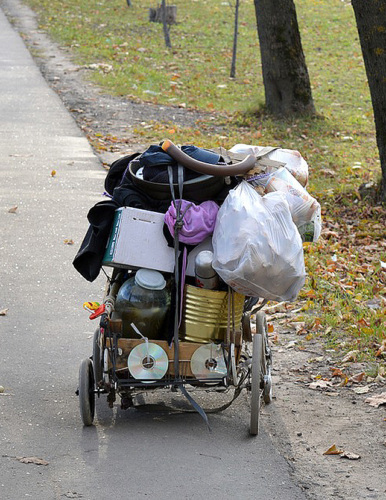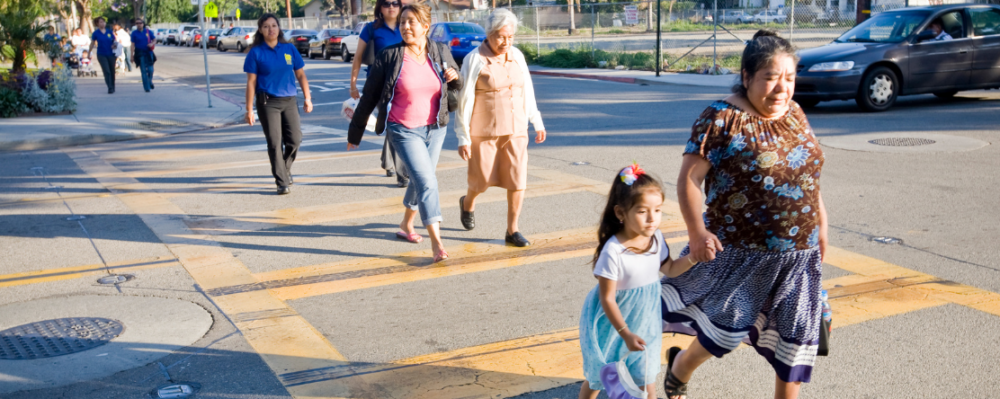
Behavioral Health and Recovery Studies

BHRS examines issues such as, drug and alcohol abuse, mental health disorders, criminal justice systems, unstable housing, and HIV. The primary focus is on community-based fieldwork and conceptualizing recovery from a broad perspective including assessment of treatment, peer-based services, neighborhood effects, and social environment influences.
-
Focus Areas
Alcohol, Tobacco, Drugs & Mental Health -
Issues
Alcohol, Mental Health -
Expertise
Evaluation, Research – Quantitative
Our Impact
See all Behavioral Health and Recovery Studies Impacts
- 30% decrease in heavy drinking days among women treated with Intensive Motivational Interviewing (IMI), according to BHRS research
- 14% increase in abstinence from drinking for women, 12 months after IMI treatment
- 330 study participants in 42 sober living houses
Projects
Completed Projects
- Evidence Based Sober Living Houses: A Multi-level Analysis
-
This ongoing research is looking at Sober Living Houses and how house and neighborhood characteristics impact resident outcomes. Evaluation and outcome data for 600 residents across 40 sober living houses in the LA County area will be collected and analyzed. Study completion is expected in 2022.
- Randomized Trial of Intensive MI to Improve Drinking Outcomes Among Women
-
Previous research has demonstrated that women suffer more adverse consequences from problem drinking than men, including more severe health and social problems. Women also progress more quickly from the first time they drink to the development of alcohol-related issues to the need for treatment. The primary goal of this study was to test the efficacy of a new intervention for women with alcohol problems, Intensive Motivational Interviewing (IMI).
- Reducing Offenders' HIV Risk: Motivational Interviewing Case Management (MICM) with Drug-Free Housing
-
Sober living houses (SLHs) offer an alcohol- and drug-free living environment to people with substance use disorders. They are becoming increasingly important as the addiction field continues to emphasize long-term services in communities that can facilitate sustained recovery over time. The intervention for this study was designed to help residents adapt to the SLH environment, find and maintain work, comply with terms of probation or parole, and access services they needed.

Work With Us
You change the world. We do the rest. Explore fiscal sponsorship at PHI.
Support Us
Together, we can accelerate our response to public health’s most critical issues.
Find Employment
Begin your career at the Public Health Institute.







